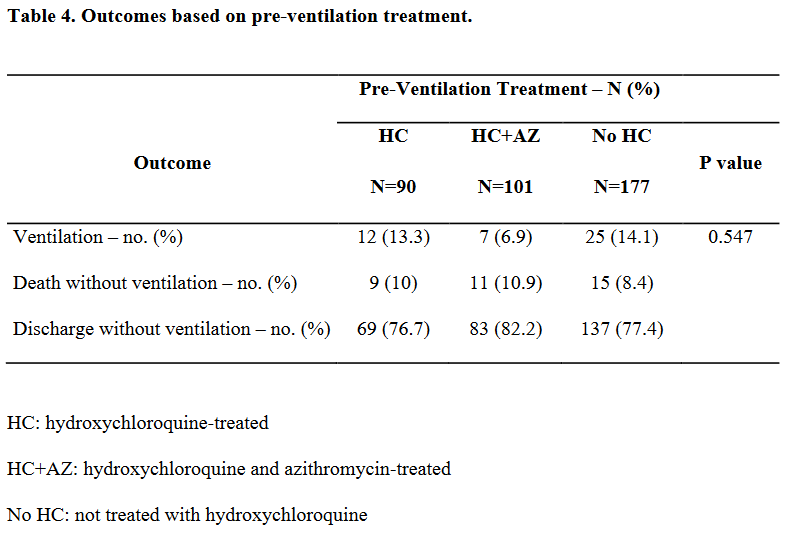Despite Trump Claims, Studies Have Shown Little Benefit
WASHINGTON — Legislators and veterans advocates are concerned about VA’s continued use of hydroxychloroquine, an antimalarial also commonly used to treat rheumatoid arthritis and lupus, on COVID-19 patients.
Since the drug was heavily touted by President Donald Trump in the early days of the pandemic, there are questions as to whether VA leaders were pressured by the White House to include the medication in its COVID-19 treatment. Testimony by a Department of Health and Human Services whistleblower last month suggested that was the case across federal health agencies and that there was concern among regulators that White House-pressured agencies moved too fast with expanding the use of the drug.
Studies have not shown significant effectiveness of the drug in treating COVID-19. Early this month, British researchers ended a large clinical trial after finding no benefit for hydroxychloroquine. The trial had randomly assigned 1,542 COVID-19 patients to hydroxychloroquine and compared them with 3,132 COVID-19 patients randomly assigned to standard care without the drug. The study was halted, however, after results showed no significant difference in death rates after 28 days, in length of stay in hospital or in other outcomes.
“This is not a treatment for COVID-19. It doesn’t work,” Martin Landray, MB ChB, PhD, the Oxford University professor who is co-leading the RECOVERY trial, said in a press conference. “This result should change medical practice worldwide. We can now stop using a drug that is useless.”
An earlier VA analysis of veterans treated with hydroxychloroquine, early results of which were made public in April, indicated a higher incidence of mortality in those taking the drug. 1
The release of the research conducted by the Dorn Research Institute at the Columbia, SC, VA Healthcare System alarmed veterans advocates who were worried that veterans were being given an unproven drug and put VA leaders on the defensive. In a letter sent to veterans service organizations, VA Secretary Robert Wilkie defended the VA’s use of hydroxychloroquine and explained that the study results were incomplete and not as alarming as they were being made out to be.
“This was not a clinical trial,” Wilkie wrote. “It was an analysis of retrospective data regarding hospitalized patients. The findings should not be viewed as definitive, because the analysis did not adjust for patients’ clinical status. It has also yet to undergo peer review, which would assess the quality control measures needed for a suitable scientific publication.”
He noted that hydroxychloroquine was not an “experimental” drug but was being prescribed off-label per FDA guidelines. Something that is “perfectly legal and not rare.”


